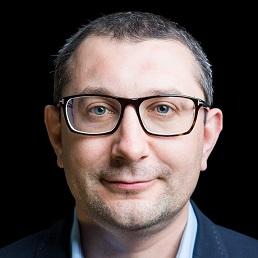Rebuilding trust in democratic institutions
"Climate change, immigration, gender injustice: these challenges are debated throughout Europe," says Michael Kaeding, EU professor at the Institute of Political Science at the UDE. In view of this polarisation, the ActEU project seeks to investigate the trust of citizens in political institutions and their legitimacy in the face of this polarisation. .
The 30 international researchers who make up the ActEU consortium are not approaching this issue from the traditional survey format. "By moving away from the usual method, we can recapture legitimacy and political trust," Kaeding explains. To this end, a team led by Prof. Dr. Daniela Braun (Saarland University) and Dr. Kristina Weissenbach (NRW School of Governance, UDE) are developing very different survey methods, from web analyses to experimental interviews.
Trust is the key element of any community. Regrettably, trust has been dwindling in Europe. We are in the midst of a trust crisis. The problems Europe is currently facing, such as climate change, immigration, and growing social inequality, spark discussions, disagreements and polarization, The goal of the ActEU project, on which SWPS University together with 11 other European higher education institutions, is currently embarking, will research citizens’ trust in political institutions. We want to find out how politics can regain this trust and how to encourage people to become more engaged in the democratic process.

Mikołaj Cześnik, Ph.D. / Associate Professor
Director of the Institute of Social Sciences
In the second phase of the project, young people in particular will have their say on the subject. Throughout Europe, researchers from the participating universities will offer Youth Democracy Labs. These will be set up in cooperation with a civil society network in the participating cities such as Duisburg, Prague or Paris. Prof. Kaeding sees this as a great opportunity: "We will develop new material for teaching at universities and schools." The publication of comics in particular is intended to make democracy tangible, with the project intending to develop these together with political cartoonists and EU partners for use throughout Europe in teaching and political education.
SWPS University's Contribution
As a consortium partner, SWPS University will contribute to several objectives of the project. Our researchers will analyze publicly available data to track how people's trust in democratic institutions and the forms of civic participation have been changing in Europe over the past several years.
Read more about the project at https://acteu.org/